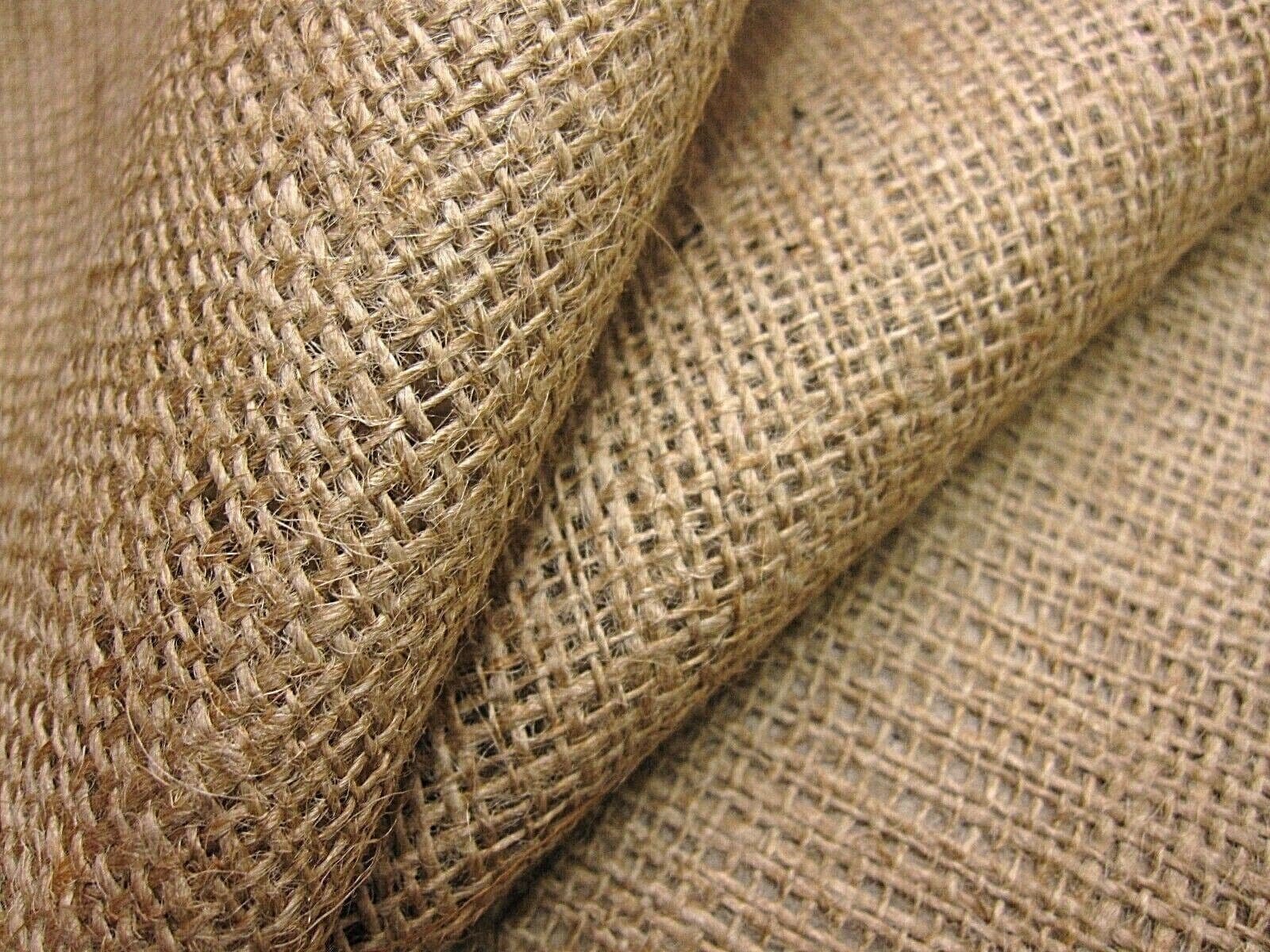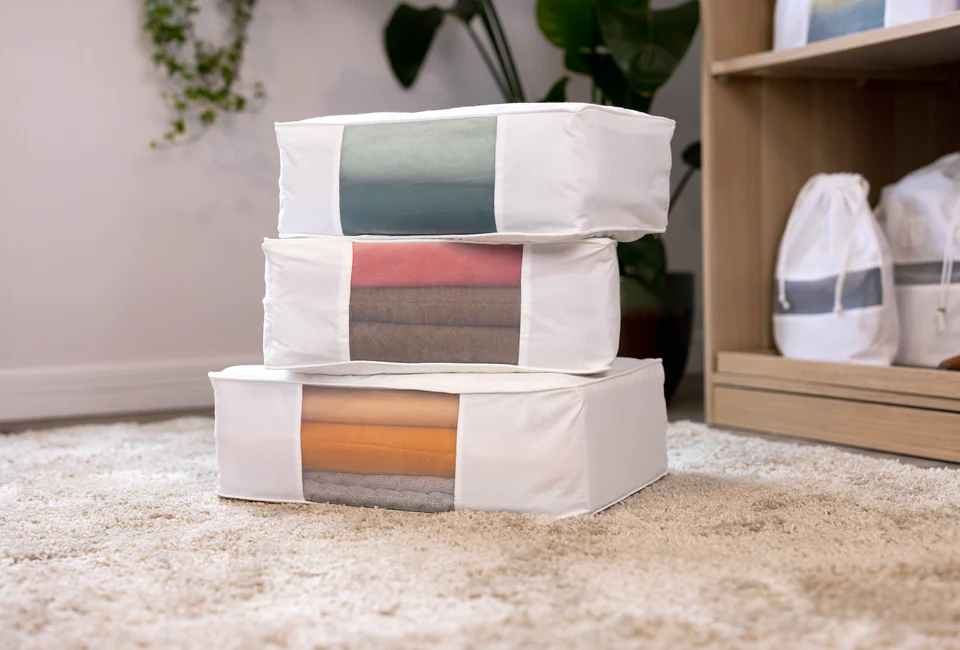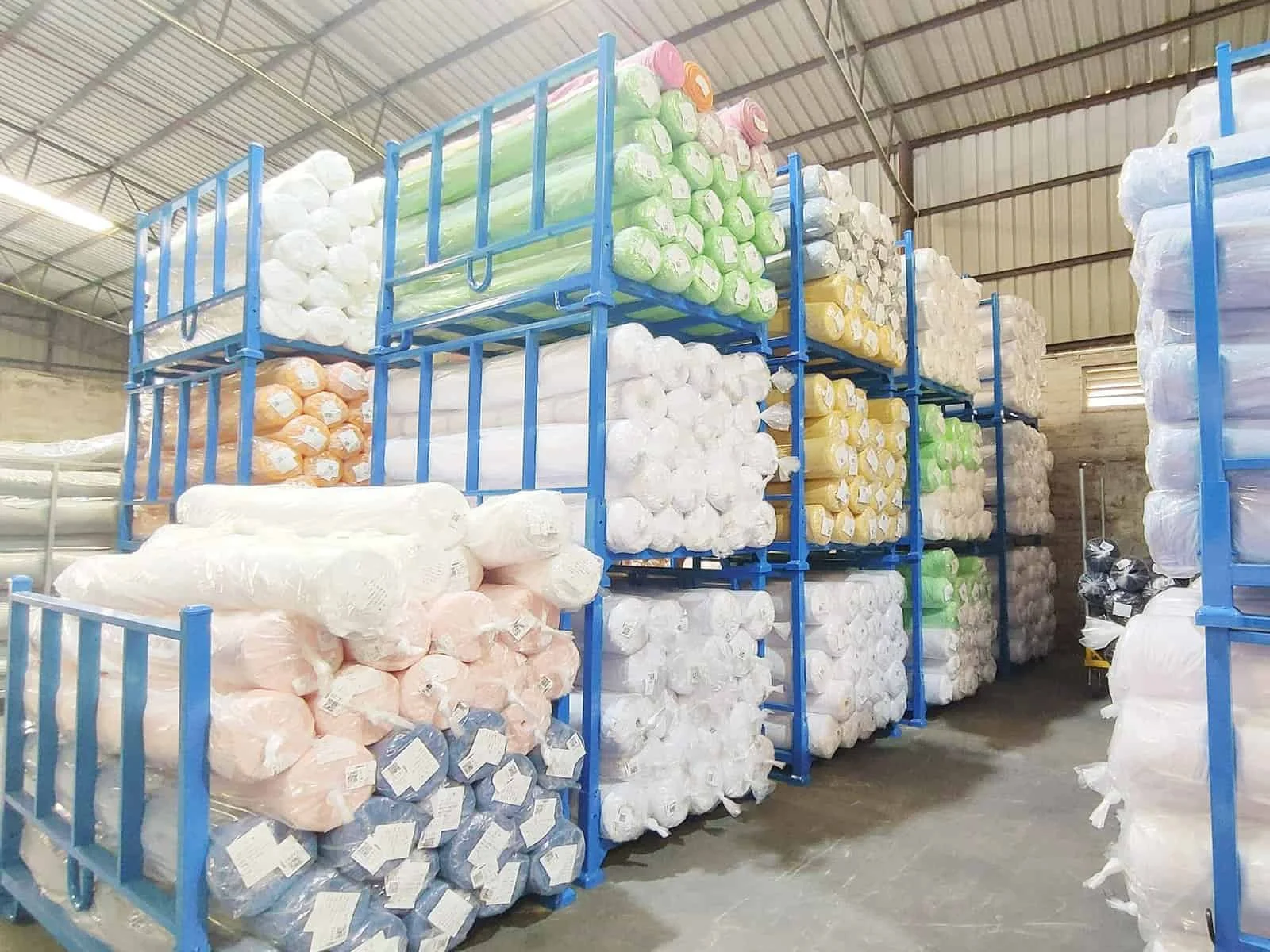Canvas cloth is a durable, plain-woven fabric known for its strength and versatility. Used across various industries, from fashion to construction, canvas has become a staple material due to its robustness and adaptability.
Whether you’re using it to make a sturdy bag, outdoor furniture covers, or even as an artist’s canvas, this fabric has countless applications. In this guide, we’ll explore what canvas cloth is, its various uses, and answer key questions such as, “Are canvas drop cloths waterproof?”
Understanding What is Canvas Cloth
Canvas cloth is typically made from cotton or linen fibers, though modern variations may include synthetic fibers like polyester for added durability. The fabric is tightly woven, which makes it highly resistant to wear and tear. The origin of canvas goes back centuries, where it was first used in sails and tents due to its durability. Today, canvas cloth continues to be a popular choice for products requiring both strength and flexibility.
So, what is canvas cloth? In short, it’s a highly durable fabric known for its versatility. Whether in the construction industry for drop cloths or in fashion for bags, the material has stood the test of time.
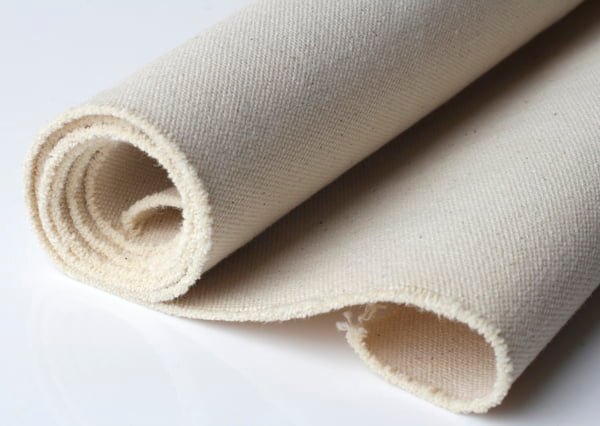
Are Canvas Drop Cloths Waterproof?
One of the most common questions is whether canvas drop cloths are waterproof. The answer is both yes and no. Traditional canvas cloth, in its natural form, is not waterproof. Because it is made from cotton or linen, the fabric is absorbent and will soak in water if exposed. However, canvas can be treated with various coatings, such as wax or polyurethane, to make it water-resistant.
For example, a canvas tarp treated with a waterproofing agent can be used outdoors to cover equipment or vehicles, keeping them safe from rain. So, while untreated canvas is not waterproof, there are solutions to make it more water-resistant, especially for applications where water exposure is a concern.
Types of Canvas Cloth and Their Uses
Canvas cloth comes in different weights and treatments, making it suitable for a wide range of applications:
Heavyweight Canvas: This type of canvas is commonly used for drop cloths in construction or painting, where durability and protection from debris or paint are essential.
Lightweight Canvas: Often used in fashion for bags or shoes, lightweight canvas is softer and more flexible, while still retaining much of its strength.
Treated Canvas: For outdoor applications, such as camping or covering equipment, treated canvas is often used. Waxed canvas, for example, offers water resistance, making it ideal for outdoor gear and tarps.
Benefits of Using Canvas Cloth
Canvas cloth has several benefits that make it an ideal material for various purposes:
Durability: One of the biggest advantages of canvas is its strength. The tightly woven fibers ensure that the fabric can withstand rough handling and long-term use.
Versatility: Whether you’re creating fashionable accessories or heavy-duty construction materials, canvas can be adapted to suit multiple needs.
Eco-Friendly: Since traditional canvas is made from natural fibers like cotton and linen, it’s biodegradable, making it a more sustainable choice compared to synthetic fabrics.
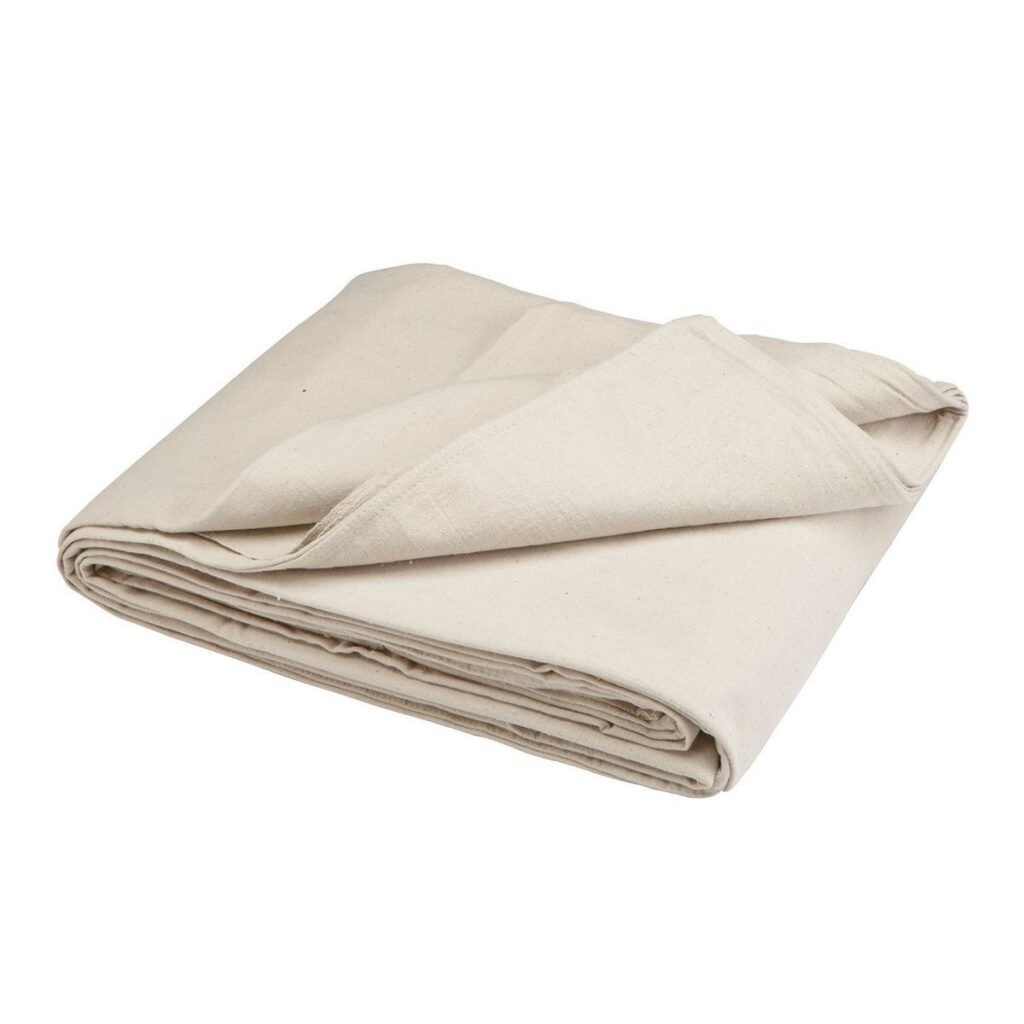


How to Make Canvas Cloth Waterproof
If you plan to use canvas in an environment where it might be exposed to moisture, there are a few ways to make it waterproof:
Wax Treatment: Applying wax to canvas is one of the most traditional ways of waterproofing. This method has been used for centuries, especially in the sailing industry.
Polyurethane Coating: Another option is applying a synthetic coating like polyurethane, which seals the fabric, making it impermeable to water.
For those wondering, “Are canvas drop cloths waterproof?”, these treatments can help ensure that your canvas stays water-resistant, especially when used outdoors.
Conclusion
In conclusion, canvas cloth is a highly durable and versatile material with countless applications, from fashion to construction. Whether you’re looking to create bags, use it for drop cloths, or protect outdoor equipment, canvas is an excellent choice. And while it may not be naturally waterproof, there are treatments available to enhance its water resistance.

